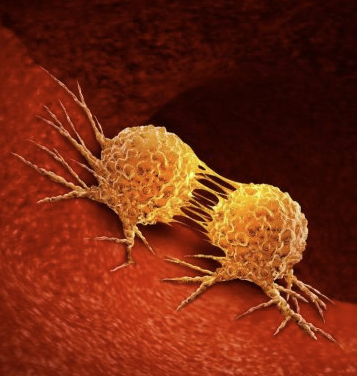As science advances, one of the recent trends that continues to pay dividends is immunotherapy to fight cancers. In many cases, the strategy is to mobilize the immune system to attack tumor cells based on cancer-specific antigens expressed either by the tumor itself or within the tumor microenvironment, either by stimulating normal immune cell function to their new tumor target or by removing the suppression of the immune system that is characteristic of many cancers. The trick is to find a way to attack only the tumor and not normal tissues, and certainly not to somehow trigger autoimmunity.
Interleukins are a group of small signaling molecules, and a type of cytokine. They play a vital role in the body’s immune response by activating and deactivating immune cells. Recently, interleukins have gained visibility as a target to help treat COVID-19, and the WHO has recommended giving IL-6 inhibitors to patients with severe cases. Additionally, because of its widespread impact on the body, the interleukin family has gained popularity as drug targets over the last few years.





